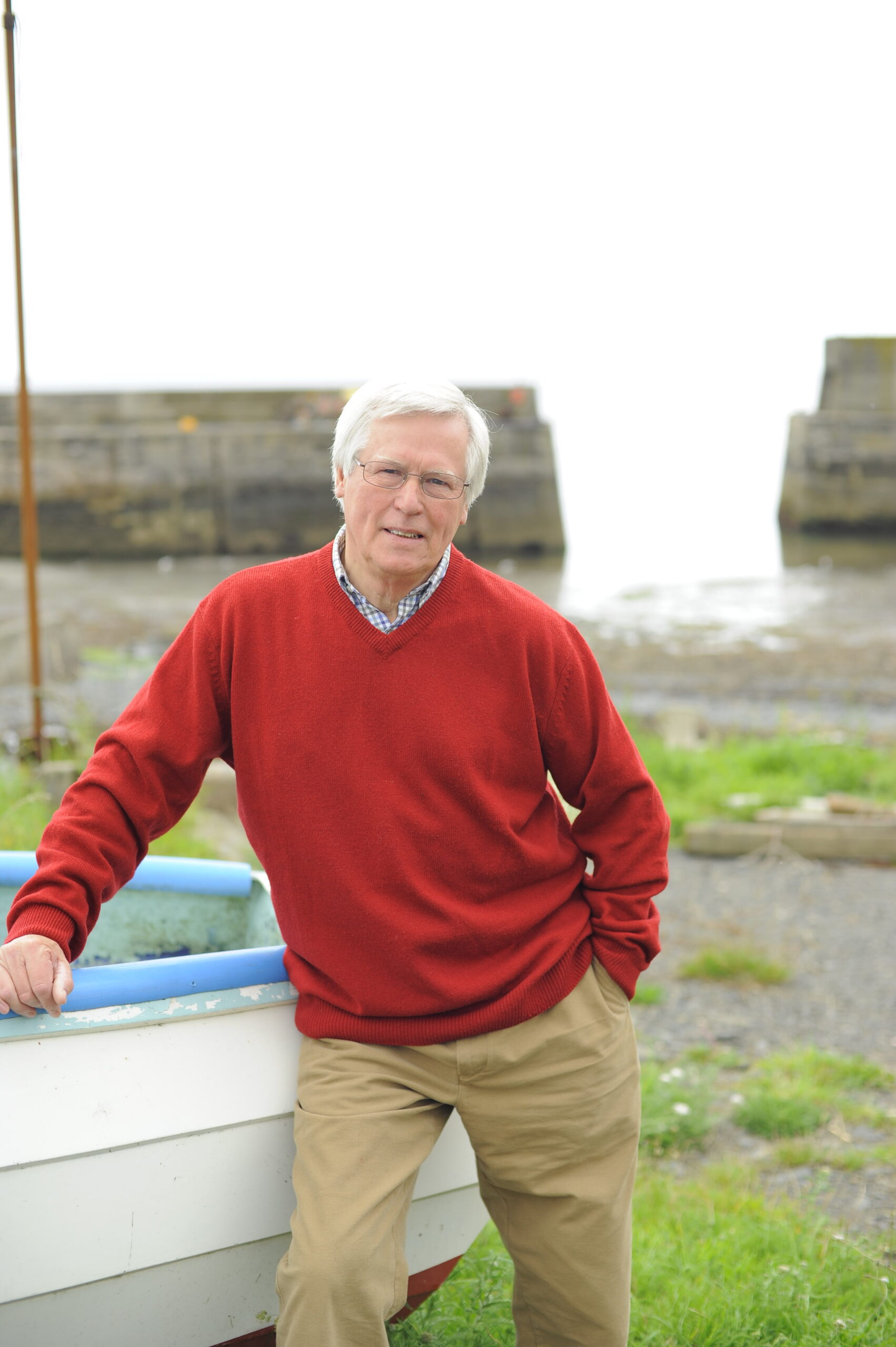Exactly 70 years ago, in the clear blue skies above southern England, the Battle of Britain was being fought and won by the RAF. But thousands of feet higher, a lone Luftwaffe pilot equipped with an oxygen mask and powerful lenses was taking reconnaissance photographs of airfields.
Those images still exist and today they serve a purpose never intended by the enemy. They provide a unique record of just how our rural landscape looked before it was transformed by the ‘silent revolution’ in farming methods brought about by tractors, sprays and combines.
They show a patchwork quilt of small family farms that saved the nation from starvation during the war years, after the call went out to ‘Dig for Victory’. Until then, the UK had imported 55 million tons of food a year – but U-boats put paid to much of that supply. So farmers responded magnificently to the call and so did just about everyone else, growing fruit and vegetables in their gardens and allotments.
Circumstances are vastly different today, but with the world population set to grow from 6.8 billion now to nine billion by 2040, will countries that have traditionally supplied us with 40 percent of our food need to keep it for themselves? Once again, the call is going out to produce more of our own.
However, those family farms the country relied on in wartime have dwindled from half a million to just 14,000. Economic pressures put them out of business and the big, industrialised farms that have largely taken their place are supposed to meet the challenge of increased production. Yet we cannot afford to lose many more of those small farms that are still clinging on in the vales and hills because we will surely need them in years to come.
The Prince’s Countryside Fund
That’s one reason why the Prince of Wales has just launched his Countryside Fund, which we previewed exclusively on Countryfile (4 July). Prince Charles told me: “I’ve felt for a long time that there is a particular need to ensure the small family farmer in particular was able to survive in the future.
“Also, I felt strongly as there’s been so many disasters, such as foot and mouth disease, that it’s terribly important to have a fund available to draw on in those emergencies. There are many things that need doing in terms of helping farmers in one way or another and the countryside in general. I felt the fund would be enormously valuable in terms of people’s livelihoods.”
Prince Charles also stressed that consumers must be reconnected with where their food comes from, which is why many famous retailers are putting money into the fund (more than £1m so far) in exchange for his Countryside Fund logo appearing on some of their British-sourced food, from Waitrose’s milk to McDonald’s burgers.
The fund will certainly draw much-needed attention to the plight of small farmers. As the Prince said: “People visit the countryside, but they have no idea how much work has to go into maintaining it and keeping it – it doesn’t just happen by accident.”
But with the average farm income now £18,000 a year, dropping to around just £6,000 in the uplands, it will take more than the Prince’s timely and welcome gesture to stop that patchwork quilt across our countryside from unravelling.

